Wait, Is That My Heart?
You know that feeling—you’re just settling into your evening, maybe scrolling your phone or finally getting comfy in bed, when… whoa, there’s this weird muscle spasm near your heart. It kind of flutters, maybe feels like a quick cramp or twitch right inside your chest. Two seconds in, your brain’s already whispering: “Should I Google this? Is this serious?!”
If that’s ever happened to you, trust me… you’re not alone. A couple weeks ago, my cousin Katie texted me in all caps: “MY CHEST JUST TWITCHED – AM I OKAY?!” Spoiler: she was fine. But honestly, this stuff can be really freaky if you don’t know what’s going on.
Let’s just clear the air: most of the time, these strange spasms aren’t your heart throwing a tantrum. Still, it’s totally normal to wonder—and a little detective work goes a long way.
The Chest Twitch Mystery
First things first, let’s talk about the territory. The weird muscle spasm near heart is an all-star at showing up uninvited. Sometimes it’s just your chest muscle doing a dance. Other times, it’s your diaphragm or even your esophagus, all packed in that same cozy spot behind your ribs.

Could It Be My Heart?
I get it. Even a tiny muscle twitch can feel monstrous when it’s right over your ticker. So… how do you know it’s NOT something more serious, like a coronary artery spasm? Here’s the breakdown:
| Type | Sensation | Common Triggers | Duration |
|---|---|---|---|
| Muscle Spasm | Twitch, flutter, brief cramp; sharp when moving | Overuse, weird posture, dehydration, stress | Seconds to a few minutes |
| Coronary Artery Spasm | Crushing, tight pain, can radiate to jaw/arm | Rest, cold, stress, smoking | Several minutes (usually 5–30 min) |
See the difference? The muscle spasm is like a jump scare—fast and fleeting—while coronary artery spasm is more of a long, dramatic scene. According to the Cleveland Clinic, coronary artery spasms may even happen late at night and sometimes don’t cause pain at all. But when they do, it’s usually a heavy, radiating pressure—not a quick twitch according to expert guidance.
Personal Story Break
Barely a month ago, I went way too hard in a group fitness class (peer pressure + “Eye of the Tiger” is a dangerous combo). The next day, working at my desk, I felt this odd quick flutter under my left pectoral. I nearly jumped. My paranoid brain imagined everything from a pulled muscle to a Netflix-worthy heart attack. But nope, just a stubborn muscle ticked off after too many push-ups.
What Causes That Chest Flutter?
Ready for some truth? There are a bunch of reasons behind a weird muscle spasm near heart—and way more of them are harmless than dangerous. Here are some common culprits:
- Musculoskeletal triggers: Overusing chest muscles (seriously, those grocery bags get heavier every year!), bad posture, or even just sleeping wonky can all lead to spasms. It’s like your muscles are grumbling, “Excuse you, next time maybe stretch?”
- Diaphragm spasms: Ever laughed too hard, or sprinted across a parking lot and felt a stitch or flutter? The diaphragm (that big muscle under your lungs) can spasm from stress, sudden movement, or—believe it or not—just eating too fast. Medical News Today points out these are rarely dangerous unless they don’t go away.
- Stress & anxiety: Oh, the classics. When you’re keyed up (or say, doomscrolling late at night), your whole chest wall can tense up… sometimes enough to start spasming, just for fun.
- Electrolyte imbalances: Low on magnesium or potassium? Your muscles—chest included—might stage a protest in the form of twitches. Think of it as their way of demanding a banana or two.
- Other less common causes: Esophageal spasms, nerve irritation, random inflammation—these can happen, though they’re usually part of a bigger story (like swallowing pain or digestive drama). Mayo Clinic covers this too.
Big takeaway? Your body’s got a lot of moving parts. Sometimes, they just twitch. Not every weird sensation in your chest is an alarm bell for your heart.
But What If It Really IS My Heart?
Okay, let’s get real for a second. We can’t joke away everything. Some symptoms need a second look. So… how do you spot the difference between a casual spasm and a red-flag heart issue?
The Red-Flag Checklist
- Pain lasts longer than 15–30 minutes, especially at rest
- It spreads to your jaw, left arm, or back
- You also feel sweaty, nauseous, short of breath, or faint
- There’s pressure/crushing sensation (not a flutter or cramp)
- Bad pain wakes you up from sleep (not just an odd twinge)
If you check any of those boxes, don’t even finish reading—go get checked out. No fooling around. Coronary artery spasm sounds fancy but can cause real-deal heart attacks or rhythm issues—even when arteries look normal. (Shoutout to modern medicine: treatments like nitrates and calcium blockers work wonders once you know what’s up!) More about coronary spasms here.
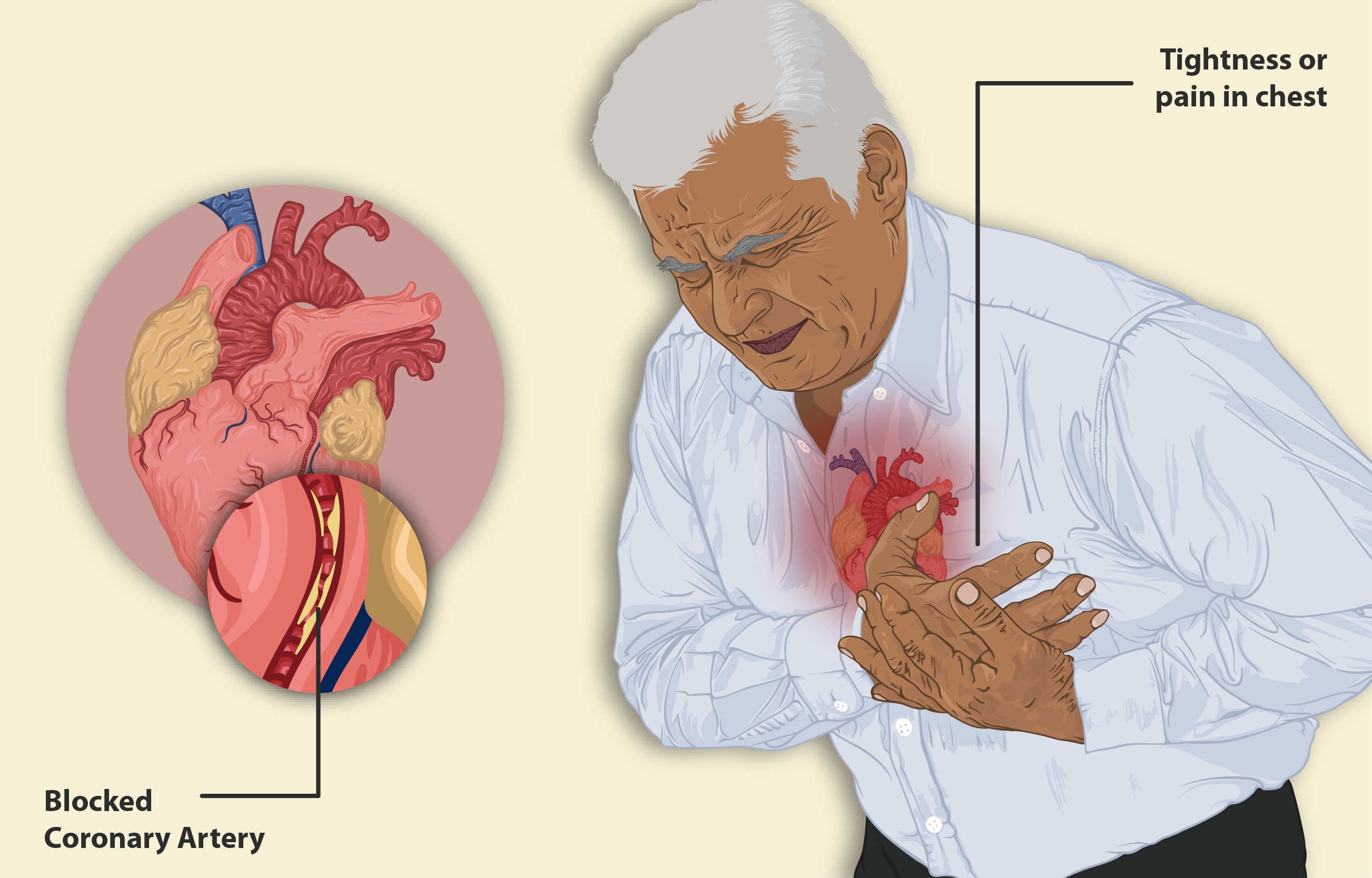
Quick Comparison Table
| Symptom | Muscle Spasm | Coronary Artery Spasm |
|---|---|---|
| Duration | Seconds to 2–3 minutes | 5–30 minutes |
| Movement | Worse with touch/movement | No change |
| Relief | Stretching/heat helps | Medications help, not stretching |
What Should I Dofor a Weird Muscle Spasm Near Heart?
Phew! Assuming you’ve gone through the checklist and you’re not in crisis mode, let’s talk about what actually helps. Here comes the friendly, big-brother wellness advice…
Step 1: Take a Breath (Seriously)
Most of the time, weird muscle spasms near heart are like those random hiccups—annoying, but not dangerous. Sit up, try a slow deep breath, and feel what happens. If the twitch fades, you’re probably dealing with muscle or diaphragm drama (not your heart front and center).
My Lazy Stretch Hack
When I get one of these spasms? I roll my shoulders back, stretch my arms overhead, and just… breathe out like I’m blowing out a birthday candle. Nine times out of ten, the twitch says, “Fine, I’ll leave.”
Step 2: Check Your Triggers
If you haven’t moved much today (hello, WFH life), or just did a killer workout, well… mystery solved. But also—how’s your stress level? Water intake? Electrolytes?
- Try a glass of water and a light snack (fruit and nuts work!).
- Unclench that jaw. Your chest muscles are drama queens for tension.
- Get up and move every hour. Stiff muscles = grumpy muscles.
A little more detail? Jump over to how to stop muscle spasms in chest for practical, quick “reset” moves.
Step 3: Keep a Note—But Don’t Spiral
If the twitch keeps dropping by, jot it down (time, what you were doing, how it felt). Most of us never need to show that info to a doctor, but if you do? It’ll help them see trends and spot triggers you might miss. (If you’re anxious, writing stuff down can also show you… hey, it’s not happening as much as it feels.)
A Reader’s Approach
A reader named Jay DM’d me saying his chest twitch started every Monday when he checked emails. Coincidence? Nope—his “spasms” vanished for a whole week on vacation. His “prescription” was better work boundaries. Sometimes, what your body’s saying is: “Dude, take a break.”
When Is It Not Just a Muscle?
No article on this stuff would be honest if it didn’t have the gentle PSA: sometimes, chest twitches really are a symptom of something you should get checked. Remember, coronary artery spasm can mess with anyone—smokers, folks with high cholesterol, and sometimes people without classic risk factors at all according to top heart experts. If you’re not sure? Don’t wait for a sign from above. Just ask your doc (better safe than sorry, right?).
Bonus: What About Esophagus or Diaphragm Spasms?
Not to be dramatic, but the esophagus and the diaphragm are always in on the mischief. A spasm there can feel almost identical to heart pain—sharp, tight, sometimes even making it hard to swallow or breathe find more details here. Usually, if the pain comes with swallowing or deep breathing, it’s one of these “sidekicks” rather than center-stage heart drama.
Again, if you’re stuck, check out how to stop muscle spasms in chest—good for all types, not just pec cramps.

Let’s Put It All Together
So, where does this leave us? In a nutshell: a weird muscle spasm near your heart is usually an over-caffeinated muscle, not a crisis. The trick is recognizing what’s “normal weird” (a quick flutter after a heavy lift, a stitch during a tough run, a twitch on deadline day), and what’s “doctor-time” (painful, long, radiates, or comes with other scary symptoms).
Your best moves? Listen to your body, keep moving, fuel and hydrate, and don’t try to out-tough your anxiety if something truly feels off. Your body’s pretty smart, but you’re even smarter with the right info.
I hope this helped you breathe a little easier (and maybe next time your chest muscles start their one-act play, you’ll just roll your eyes and stretch it out). Ever had a weird muscle spasm near your heart that sent you spiraling? Or found the perfect hack for those annoying midnight twitches? Share in the comments—let’s make this less spooky for everyone.
Most importantly, never feel silly for checking. Your peace of mind is worth everything. Now, take a deep breath… you’ve got this.

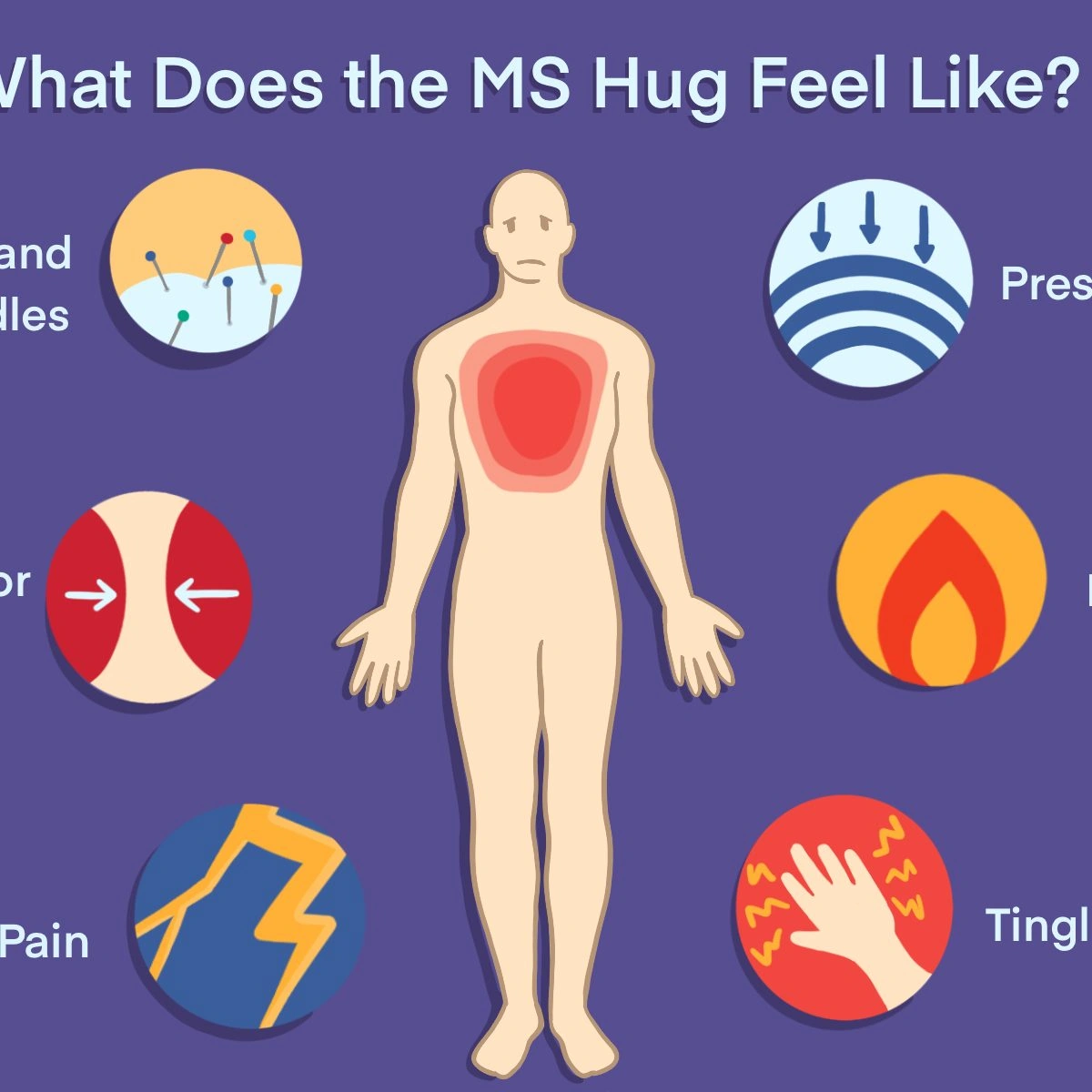

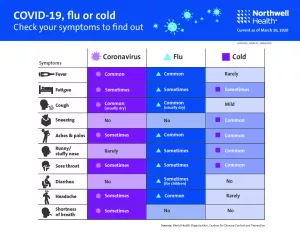

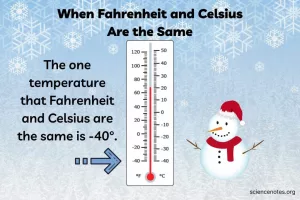










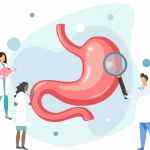
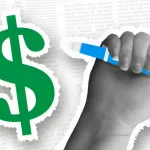

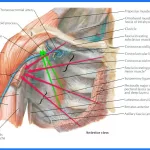





Leave a Reply
You must be logged in to post a comment.